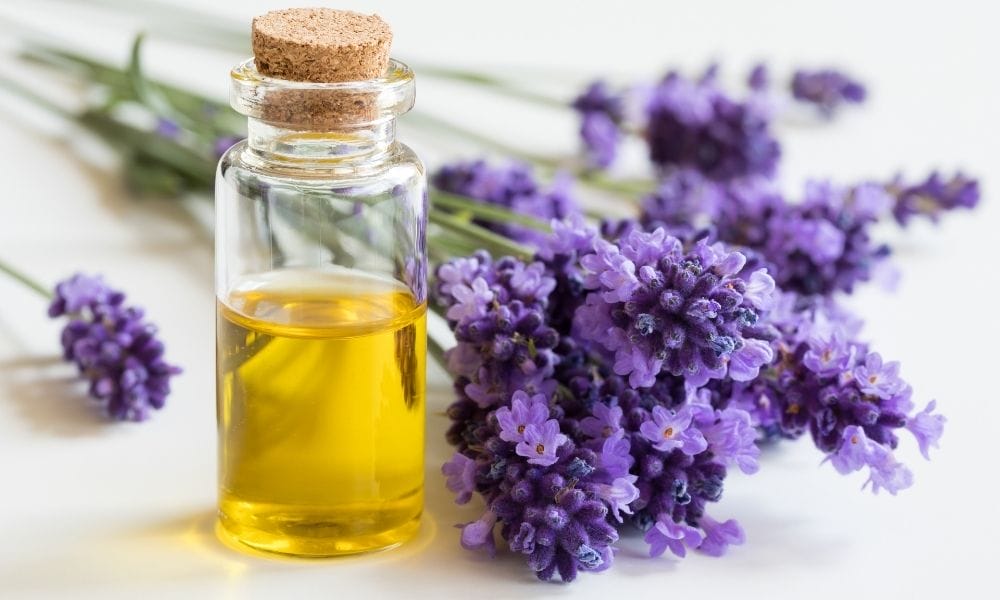When it comes to essential oils, many people swear by their health benefits. While research is ongoing, there is some evidence suggesting that essential oils may offer a range of health benefits, including reducing anxiety and improving sleep quality. In addition, they may help improve circulation and detoxify the body.
Can they live up to the hype? Let’s take a closer look.
Do Essential Oils Actually Work?
Essential oils are derived from plants and have been used for centuries in various cultures for healing purposes. You can find essential oils being used in everything from aromatherapy to massage therapy.
But how do they work?
When used in aromatherapy, essential oils are thought to affect the limbic system—which is the part of the brain that controls emotions and memory. They do this through the stimulation of your nose’s smell receptors, which then relay messages directly to your limbic system. This can influence the parts of the brain that manages your heart rate, blood pressure, breathing, as well as your stress levels.
There is some evidence to suggest that when used topically, essential oils may be able to penetrate the skin and enter the bloodstream, where they can then offer systematic circulation throughout the body. More research is currently being conducted to confirm these effects.
How to Apply Essential Oils
Essential oils can be used in a variety of ways, including inhaling them through diffusers or applying them topically to the skin. When used properly, they are safe and effective for most people.
Some people like to use essential oils distillers because they can be used to create a concentrated form of the oil. This is then diluted with water or another carrier oil before being applied to the skin. This can be beneficial because it allows you to use the oil without having to worry about the smell or strong fragrance. You can also add a few drops of oil to a bath for some added relaxation.
Are there any side effects of using essential oils?
Although essential oils are a natural form of medicine, they should still be used with caution. Certain essential oils can cause allergic reactions in some people and should be avoided if you have allergies or sensitivities to particular fragrances.
Some essential oils, such as tea tree oil, are also strong and should be diluted before being applied to the skin. As we mentioned, using an essential oils diffuser can help. Essential oils can also irritate the mucous membranes, especially if you inhale them or get them in your eyes.
What Are The Benefits of Essential Oils?
Essential oils are said to offer a wide range of potential health benefits, including:
1. Relieve headaches.
Whether it’s tension headaches or migraines, essential oils can help. Peppermint oil is especially effective at relieving headache pain. Simply apply a few drops to your temples and forehead and massage the area gently.
2. Improve your sleep quality.
If you’re having any issues with sleeping, you may want to consider lavender oil. Lavender oil is known for its relaxing properties, and it can help you fall asleep faster and sleep more soundly. Just add a few drops to your pillow before bedtime.
3. Boost your energy levels.
If you’re feeling tired and sluggish, lemon oil can give you a much-needed energy boost. Lemon oil is invigorating and uplifting, so just a few inhales can help you feel more alert and awake. Diffuse lemon oil in your office or home to help you power through the day.
4. Reduce stress and anxiety.
There is some evidence to suggest that essential oils can help reduce stress and anxiety. One study found that lavender oil was able to significantly reduce anxiety levels in participants before surgery. Other studies have found similar effects from other essential oils like bergamot, rose, and ylang-ylang. If you’re looking for a natural way to reduce stress and anxiety, diffusing some lavender oil or adding a few drops to your bath may be helpful.
5. Improve digestion.
Certain essential oils can help improve digestion as well. Peppermint oil, for example, has been shown to relieve symptoms of indigestion like bloating, gas, and stomach pain. Ginger oil can also help treat nausea. If you’re struggling with digestive issues, add a few drops of peppermint or ginger oil to your water or tea.
6. Relieve pain.
Whether you’re experiencing muscle pain, menstrual cramps, or arthritis pain, essential oils is worth trying. In fact, a study published in the Journal of Alternative and Complementary Medicine found that peppermint oil was an effective treatment for tension headaches and muscle pain. Other studies have shown that rosemary and eucalyptus oil can also help relieve pain. Simply add a few drops of your chosen oil to a carrier oil like coconut oil and massage it into your affected area.
In Conclusion
While there is some scientific evidence to support the above claims, more research is needed before any definitive conclusions can be made. That said, there is no harm in trying out essential oils for yourself to see if they provide any benefits. You can find pure essential oils at wholesale prices online.
We recommend that you consult with a doctor first, especially if you have any underlying health conditions or are taking medication. And finally, always purchase essential oils from a reputable source. With so many products available, it’s important to do your homework to make sure you’re getting a quality product.







